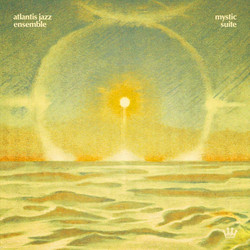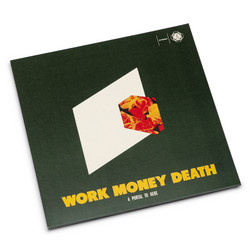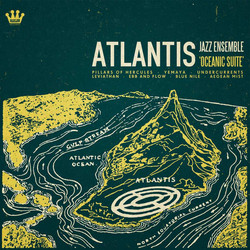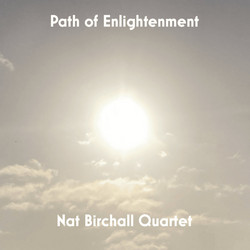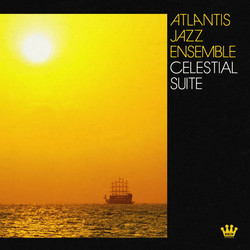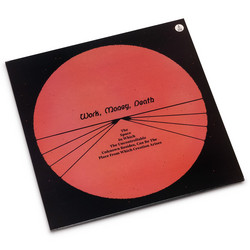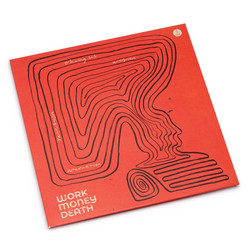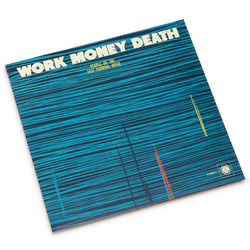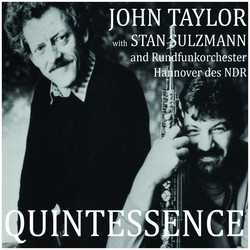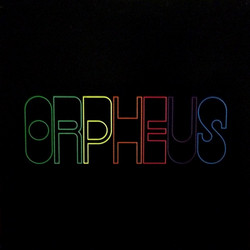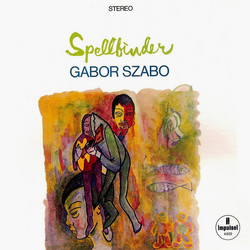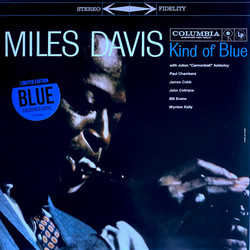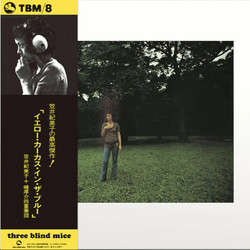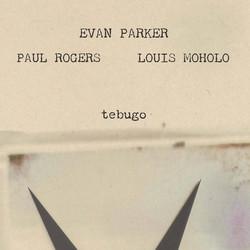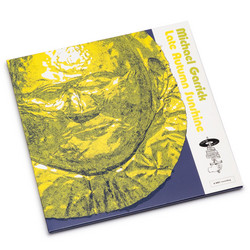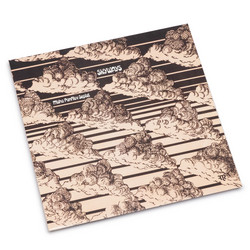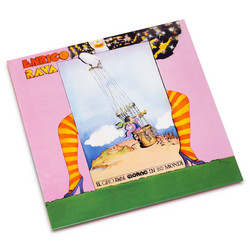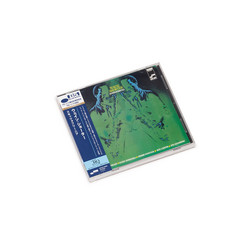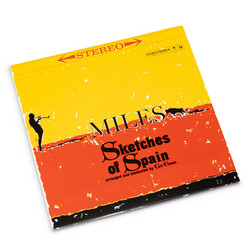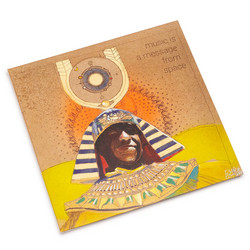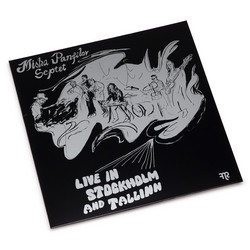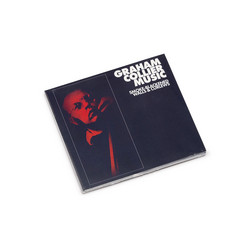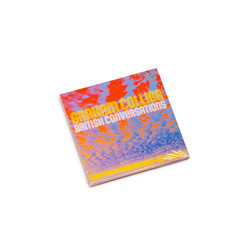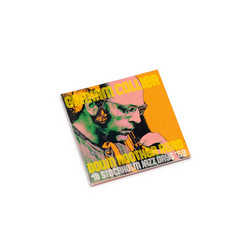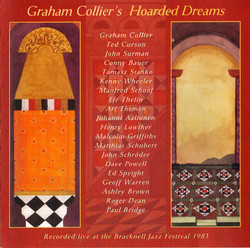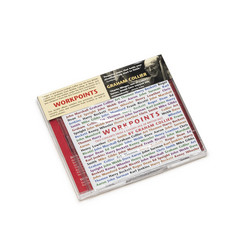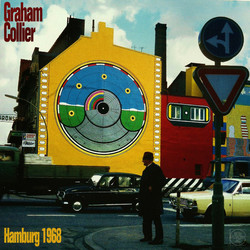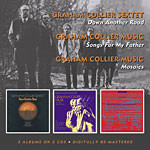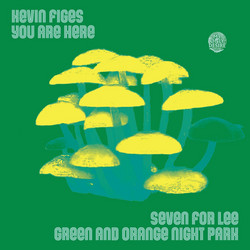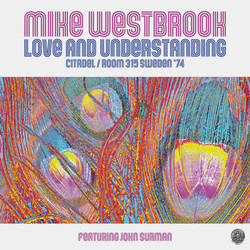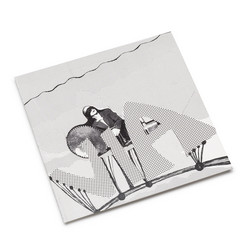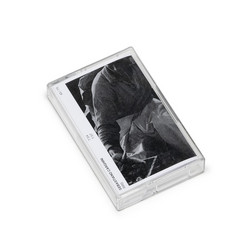Graham Collier
Down Another Road @ Stockholm Jazz Days '69 (2LP)
Some records document a concert; Down Another Road @ Stockholm Jazz Days '69 documents a band thinking on its feet, collectively rewriting one of British jazz’s defining LPs in real time. Captured at Stockholm Jazz Days in 1969, the sextet led by Graham Collier takes the material from his much-loved Down Another Road and stretches it across a broader emotional and structural canvas: themes open wider, grooves hit a little harder, and the sense of risk becomes the music’s central engine. What began as a carefully sculpted studio statement emerges here as something more volatile and more human, a living organism rather than a monument.
At the heart of the music is Collier’s bass, not simply holding the bottom but shaping the dramaturgy of each piece. Around him, an all-star frontline of Harry Beckett, Nick Evans and Stan Sulzmann navigates the charts with a balance of precision and abandon, their horns slipping from crisp ensemble figures into gritty, sidewinding improvisations. Karl Jenkins threads between oboe and piano, moving from austere, almost chamber-like textures to earthy comping that locks into John Marshall’s taut, spring-loaded drumming. You hear the lineage that would soon feed into bands like Soft Machine, but in 1969 it still feels newly minted, a collision of post-bop architecture, pastoral melancholy and emergent free-jazz vocabulary.
The set list mostly mirrors the studio album, yet crucial deviations give this release its charge. Where the original featured the austere “Danish Blue”, the Stockholm performance substitutes the expansive “Burblings for Bob”, a near-quarter-hour free-jazz expedition that tests how far Collier’s language can stretch without losing shape. Elsewhere, favourites such as “Lullaby for a Lonely Child”, “Aberdeen Angus” and “Molewrench” arrive recognisable but transformed: introductions linger longer, solos arc more dramatically, and the band leans into contrasts between tightly drilled horn voicings and the rougher grain of live sound. The result is not simply “more” of the same material but an alternate reading, closer to how this music actually lived night after night.
What makes Down Another Road @ Stockholm Jazz Days '69 feel essential rather than archival is the clarity of Collier’s compositional voice in a high-pressure environment. His melodies flirt with pop-like memorability without sacrificing harmonic nuance, and his rhythmic frameworks leave room for the musicians to challenge, prod and momentarily derail the expected trajectories. In the often mythologised late-’60s British jazz boom, this recording acts as both evidence and argument: evidence of a band at the top of its game, and an argument for Collier as one of the era’s great organisers of sound and personality. Issued decades after the event, the album does not just dust off a lost tape; it restores a missing scene in the broader film of British improvised music, revealing how “down another road” was never just a title but a working method.
